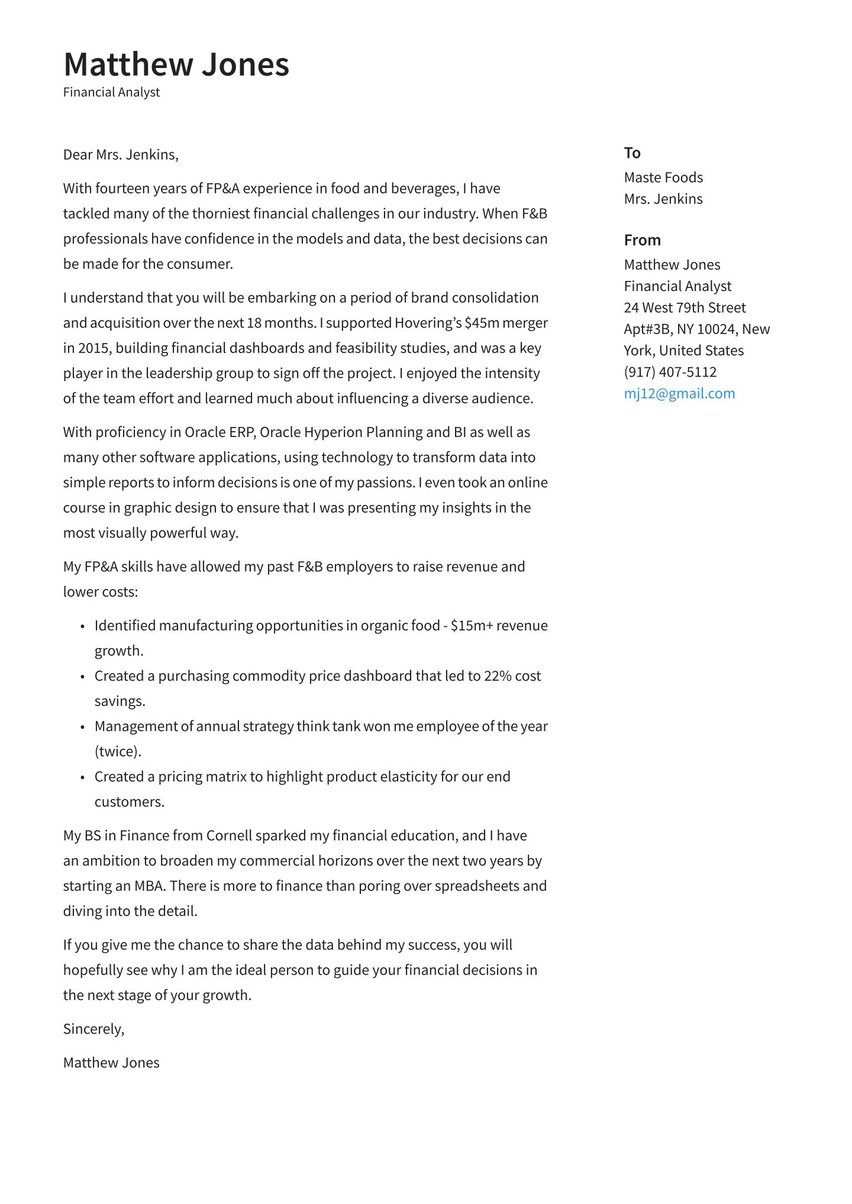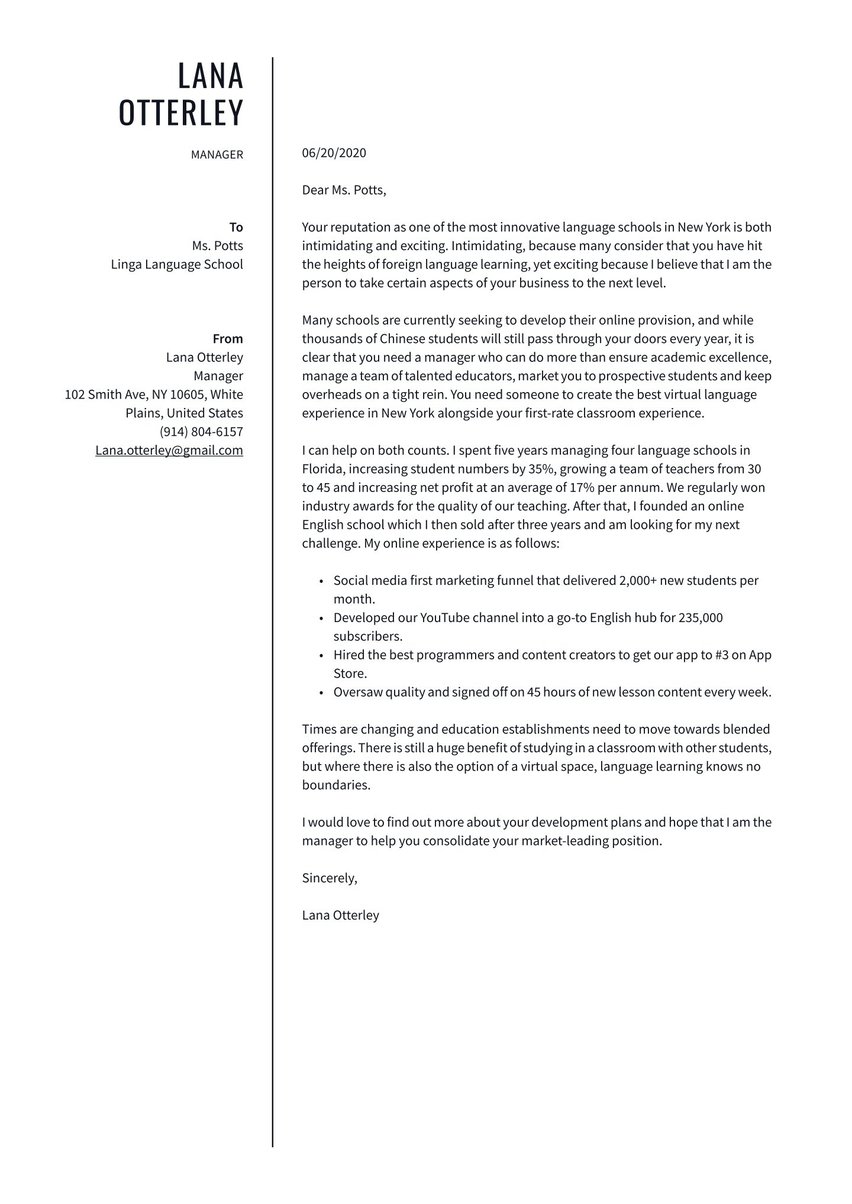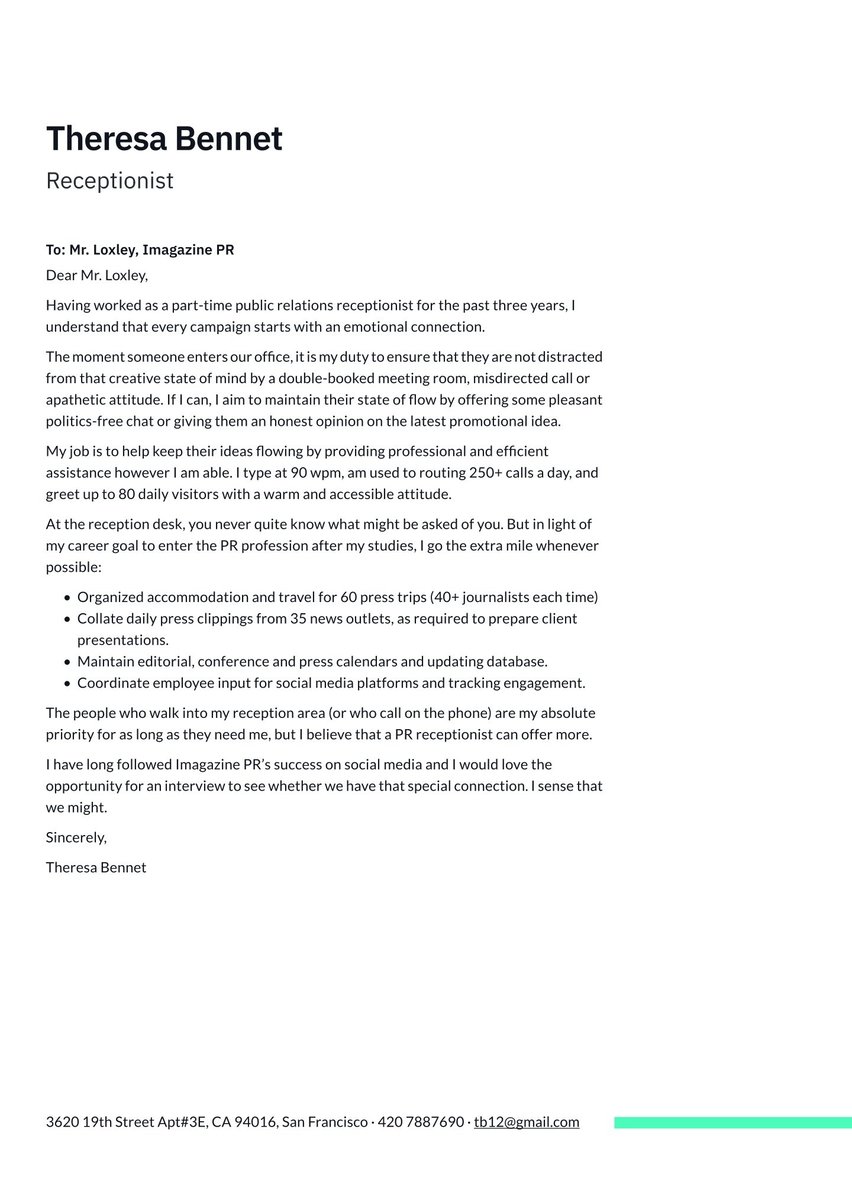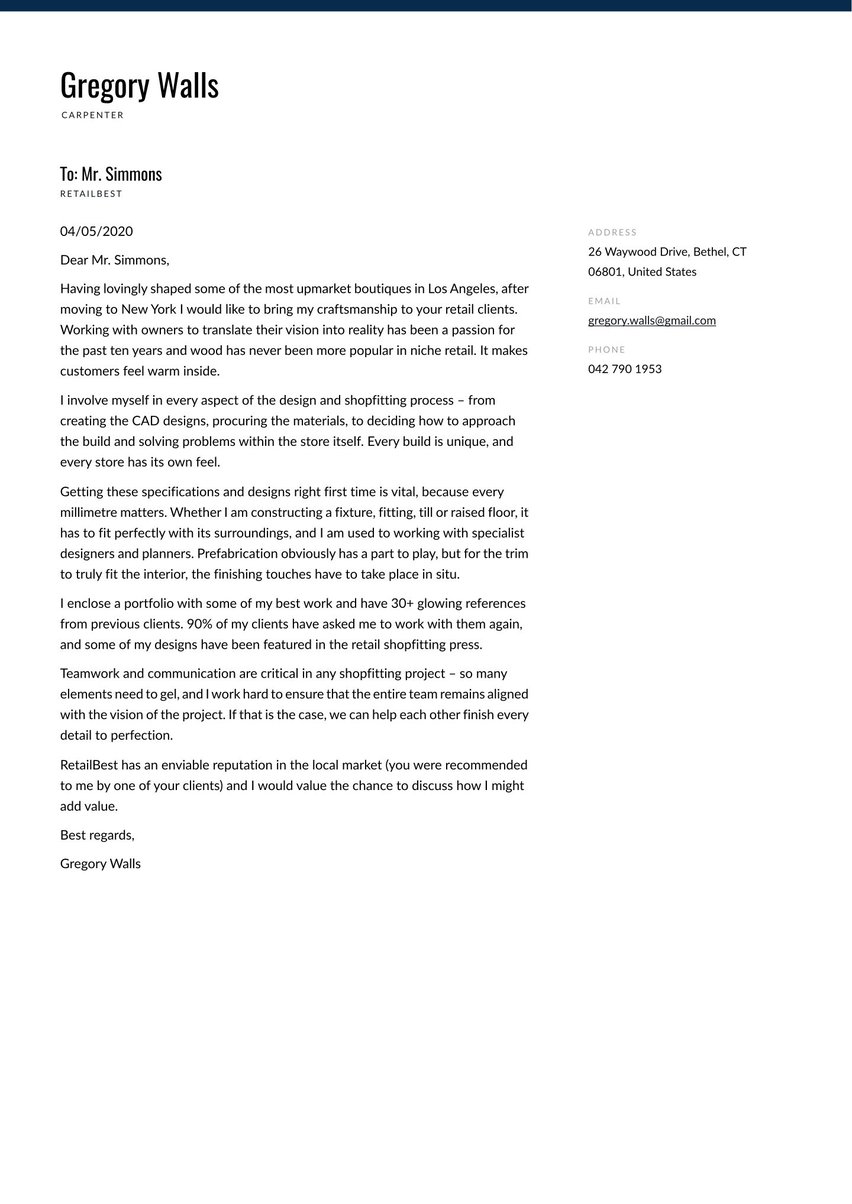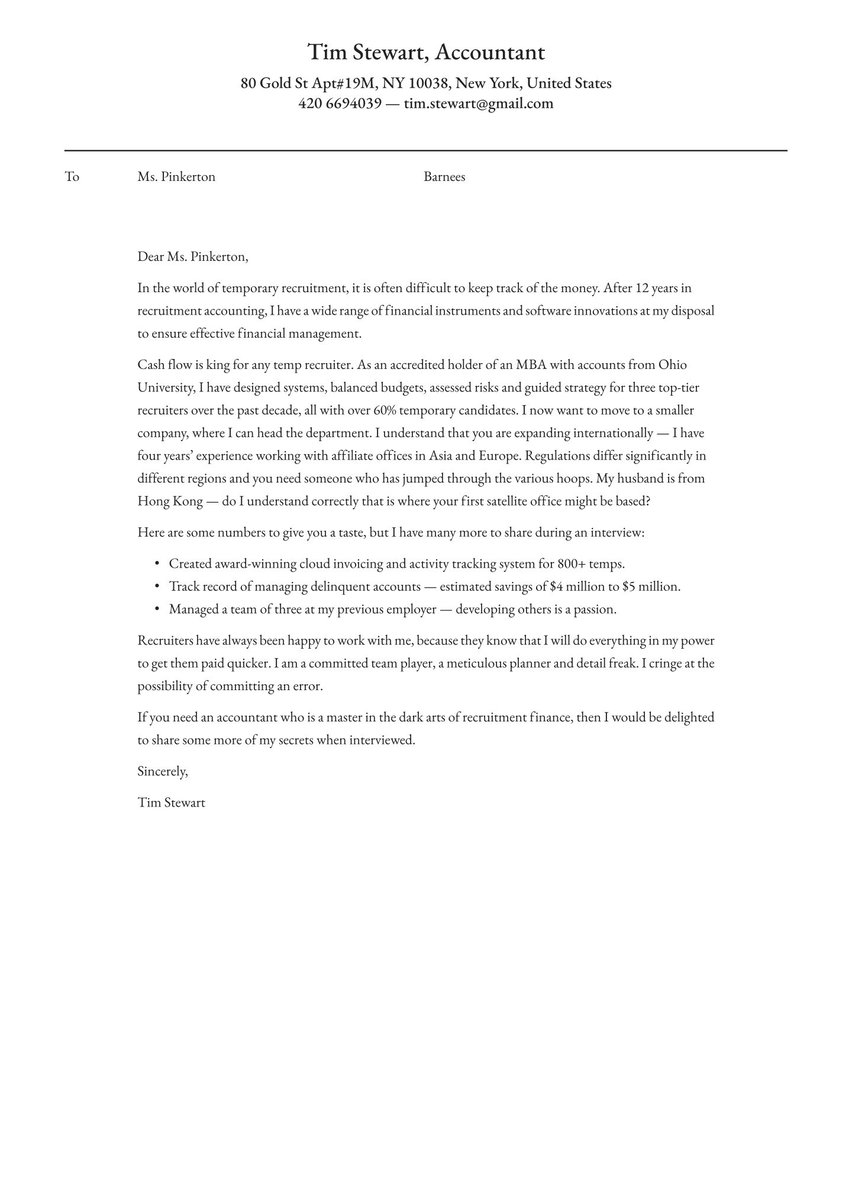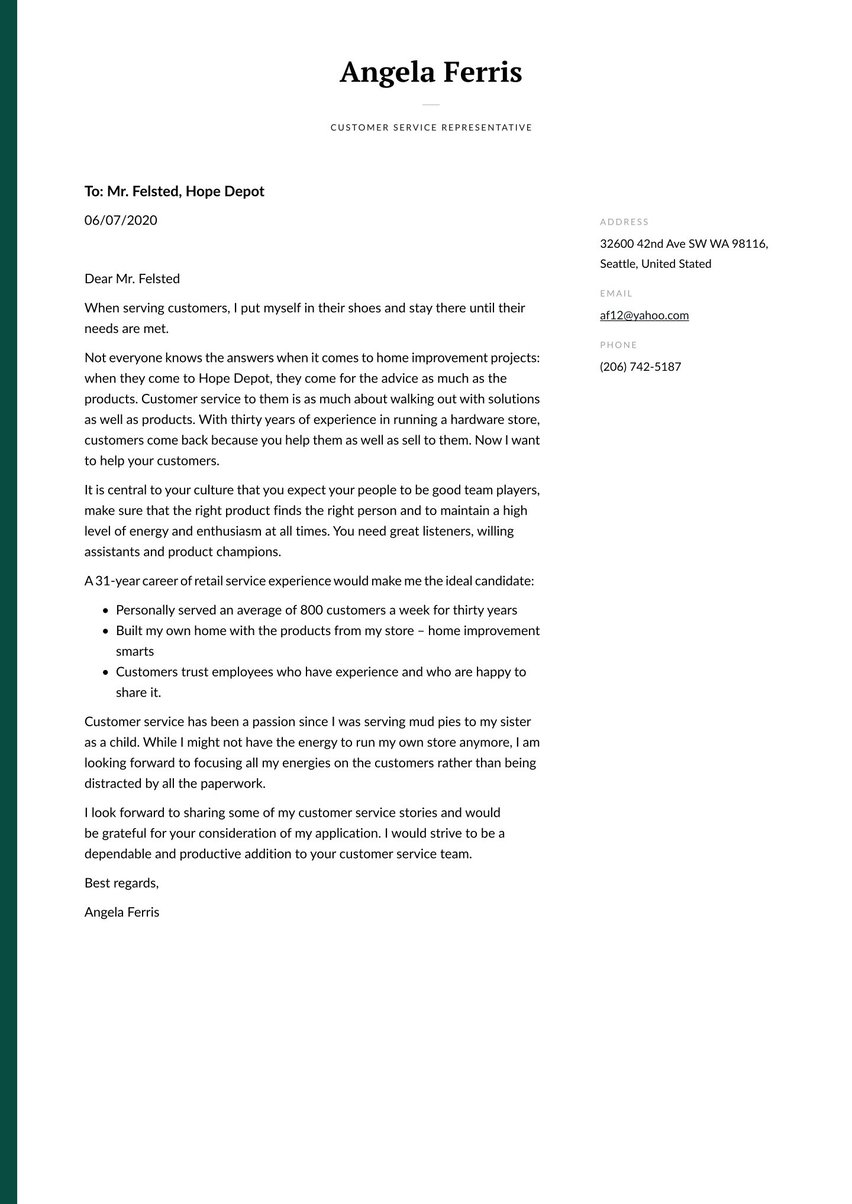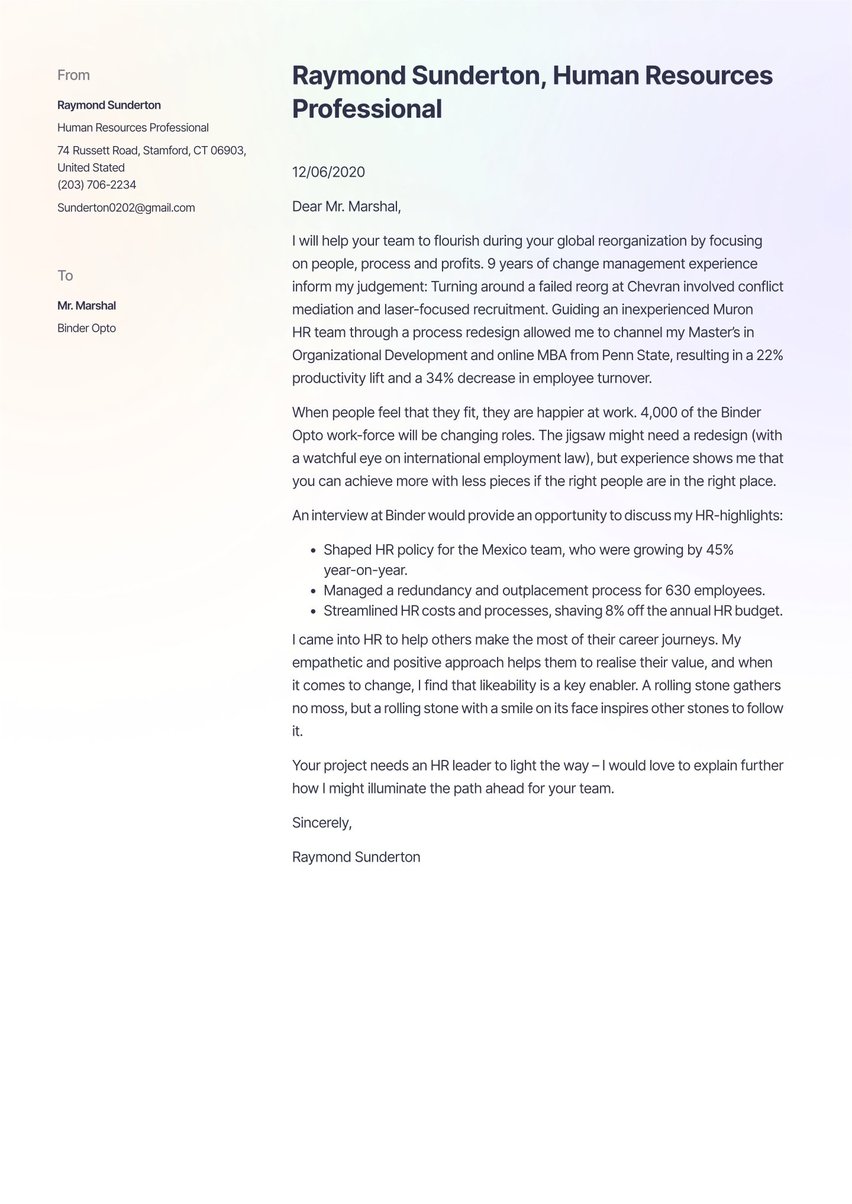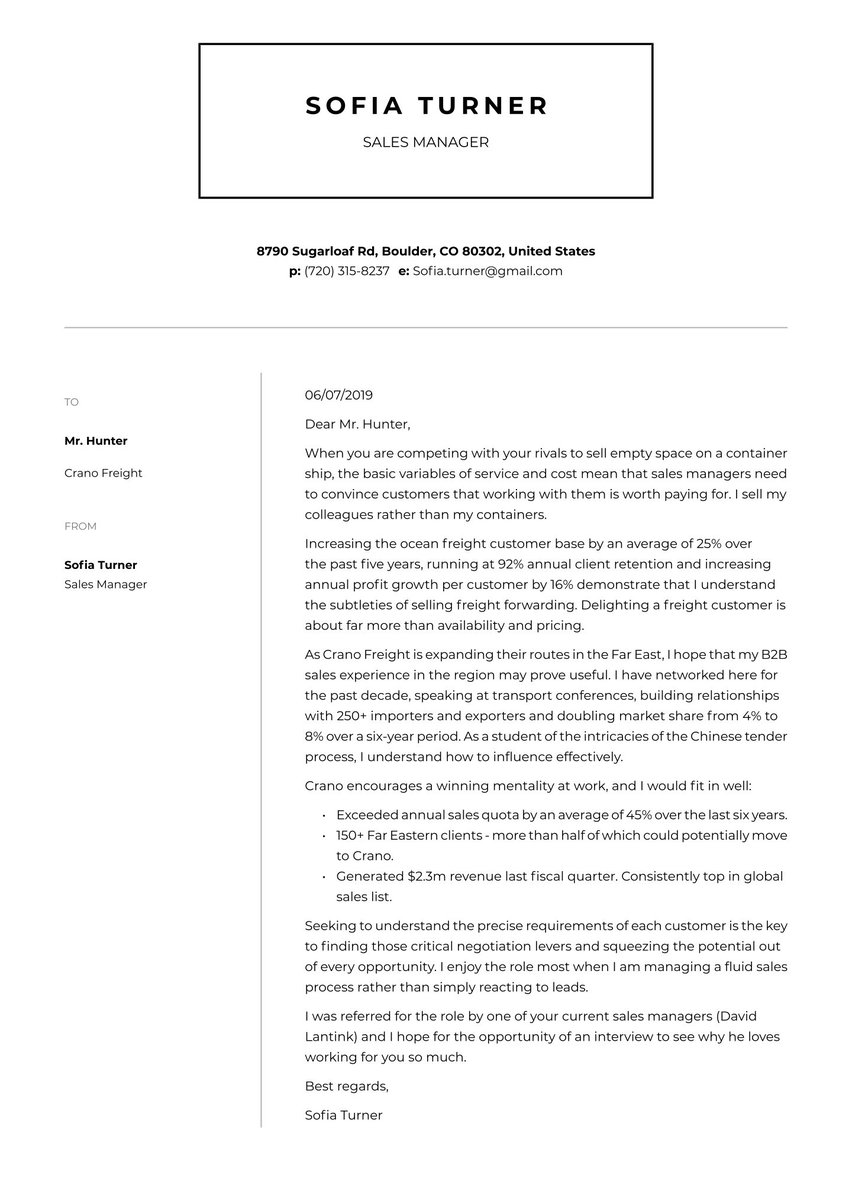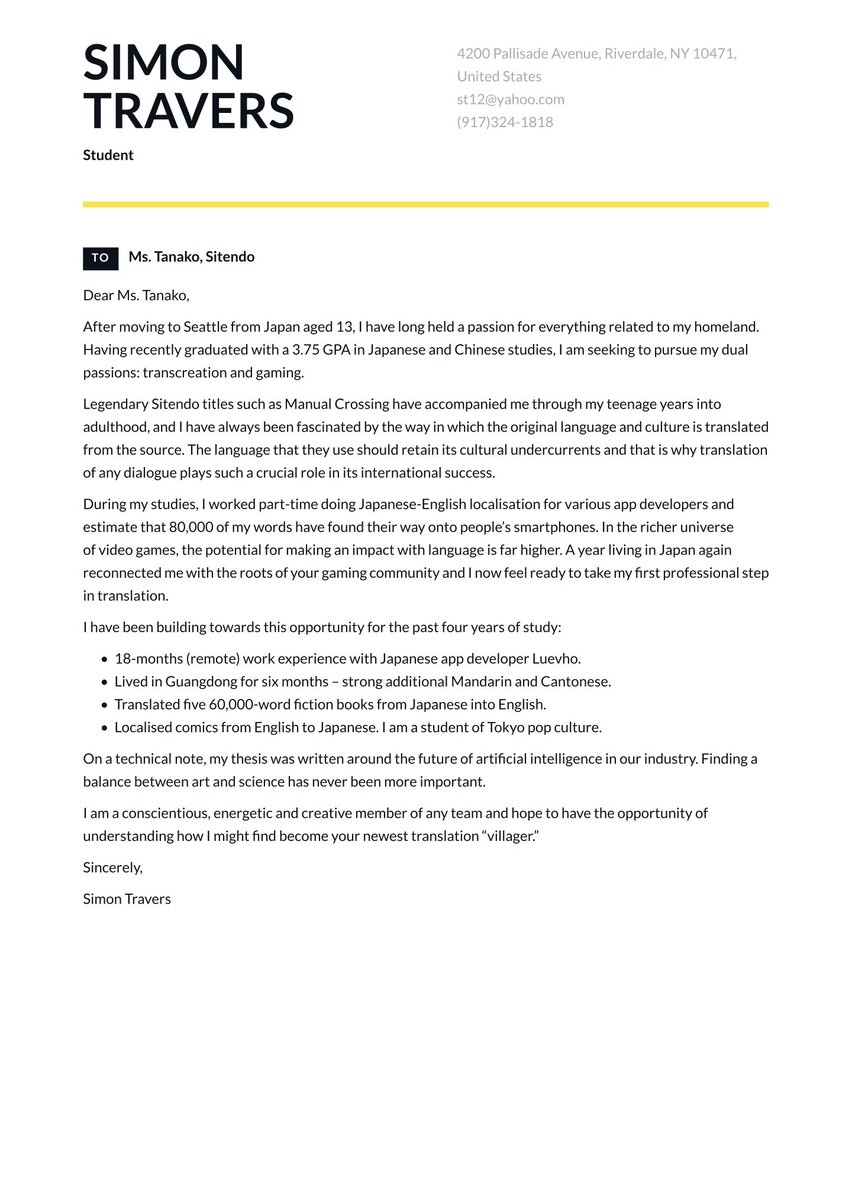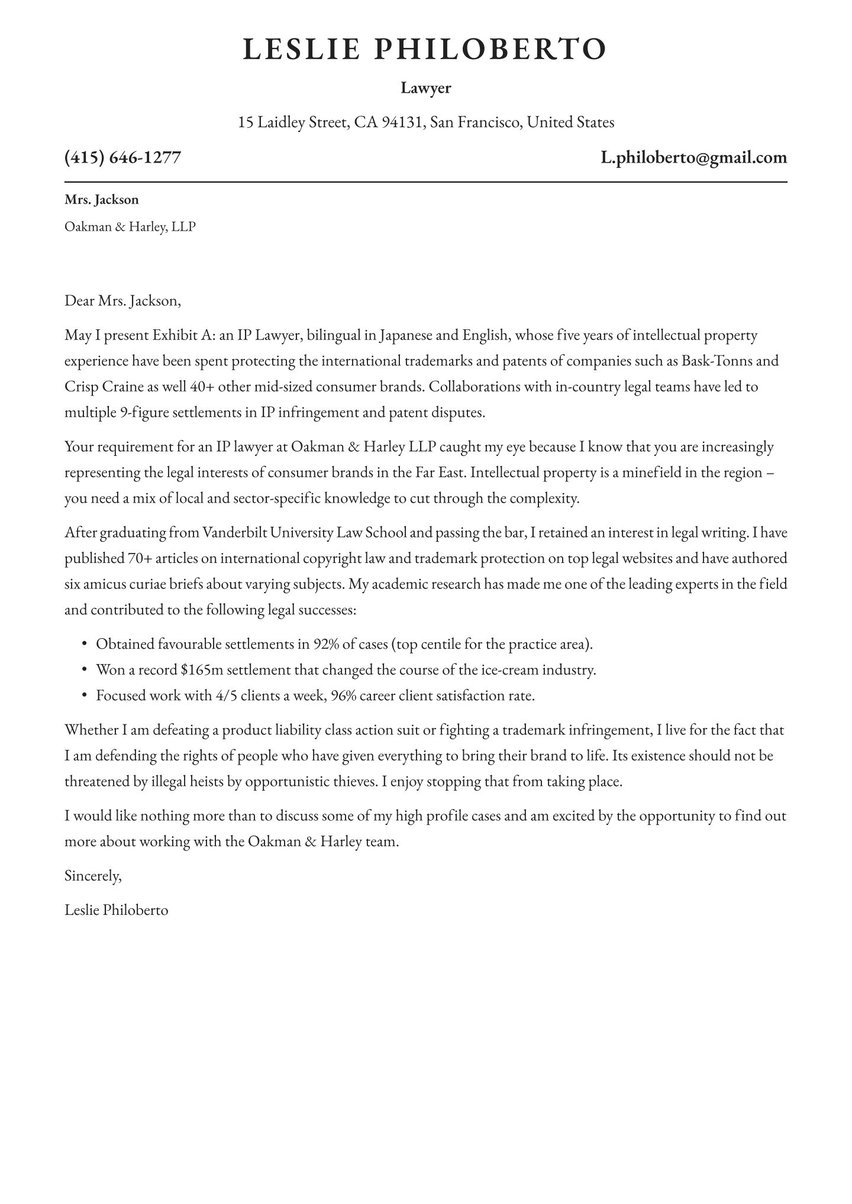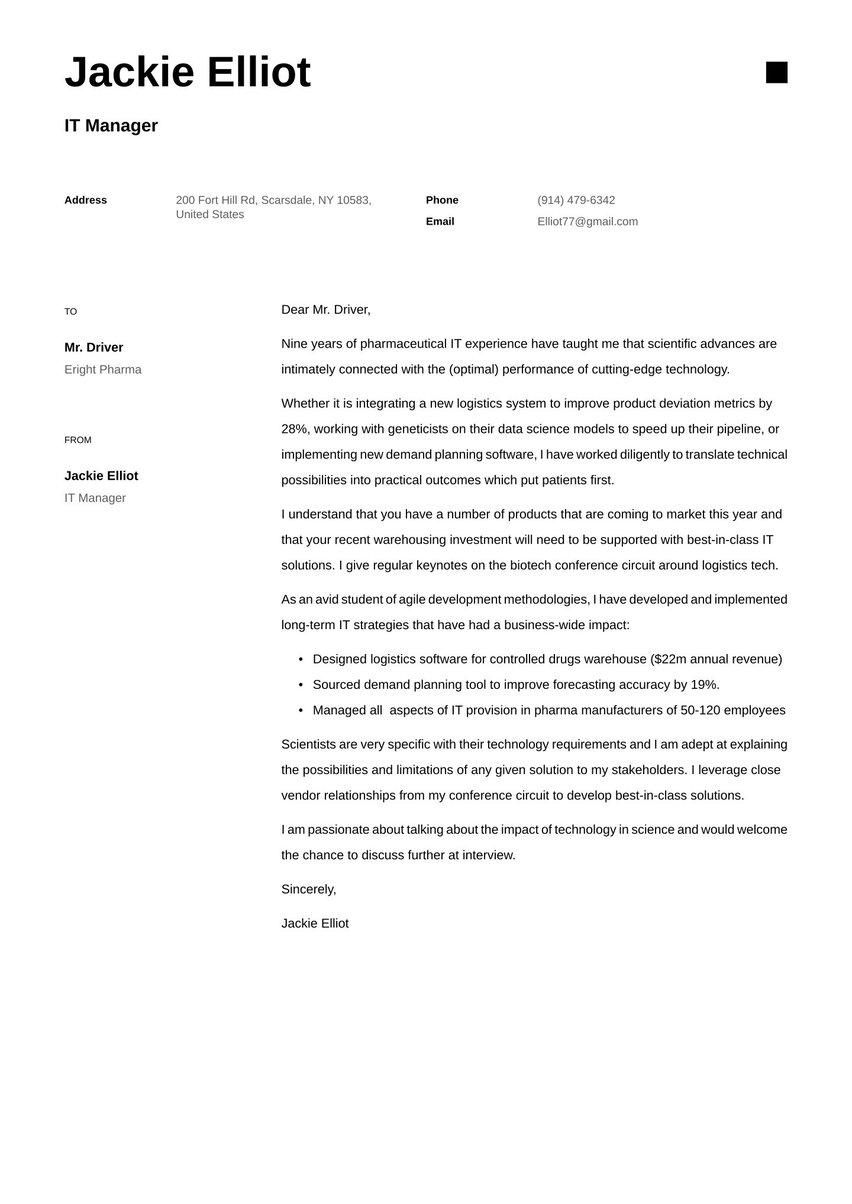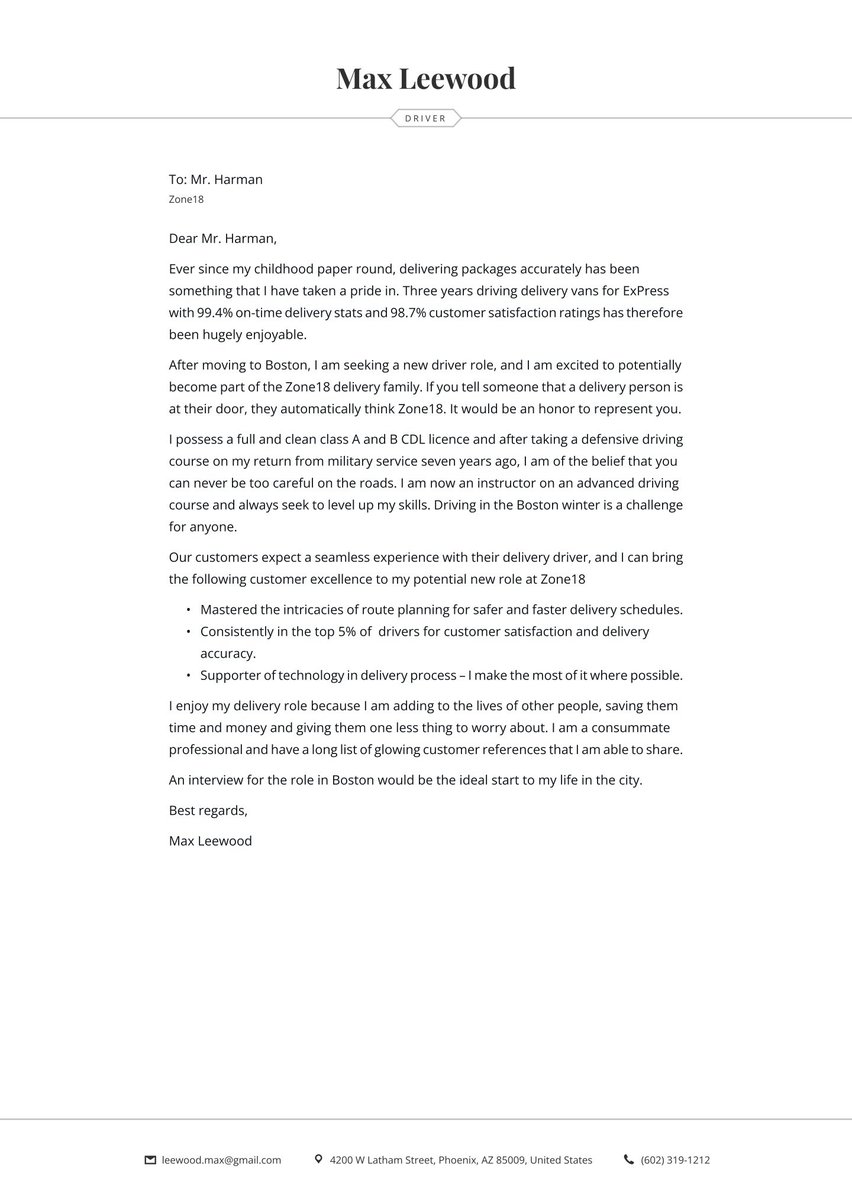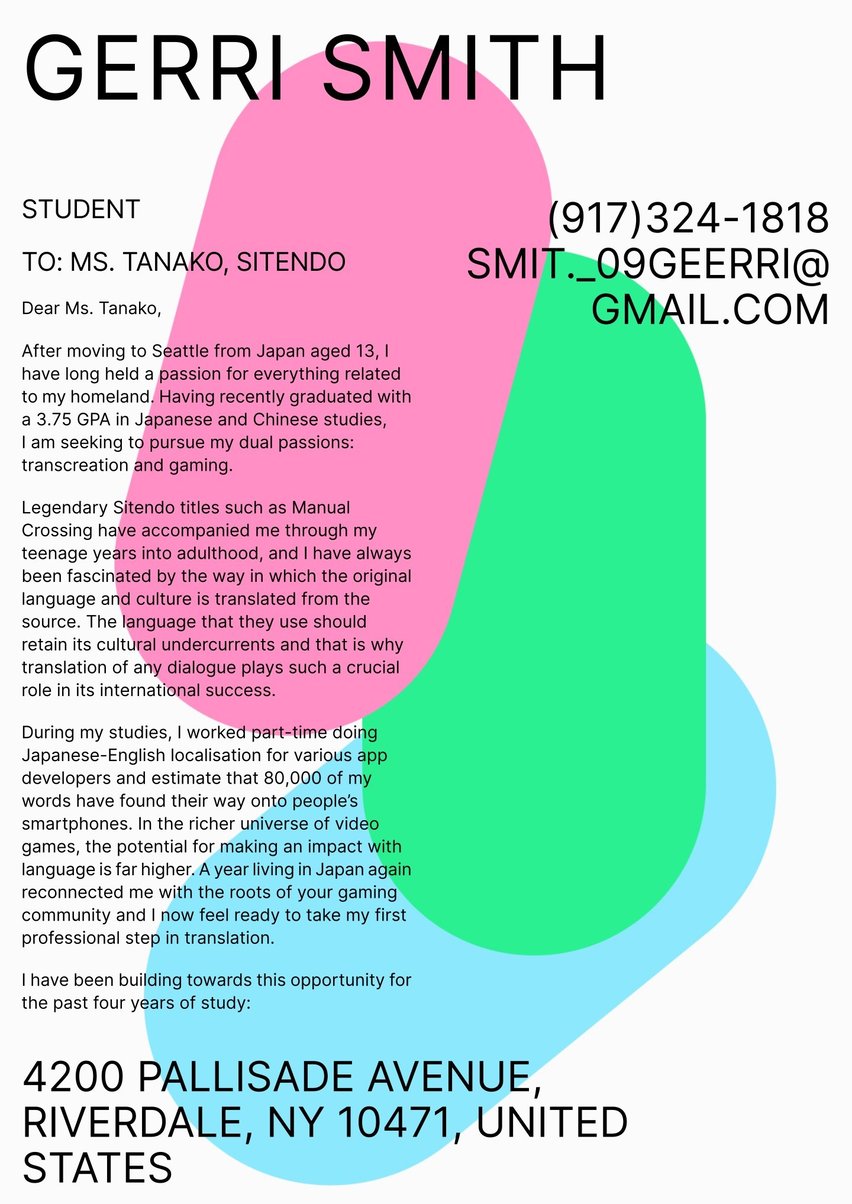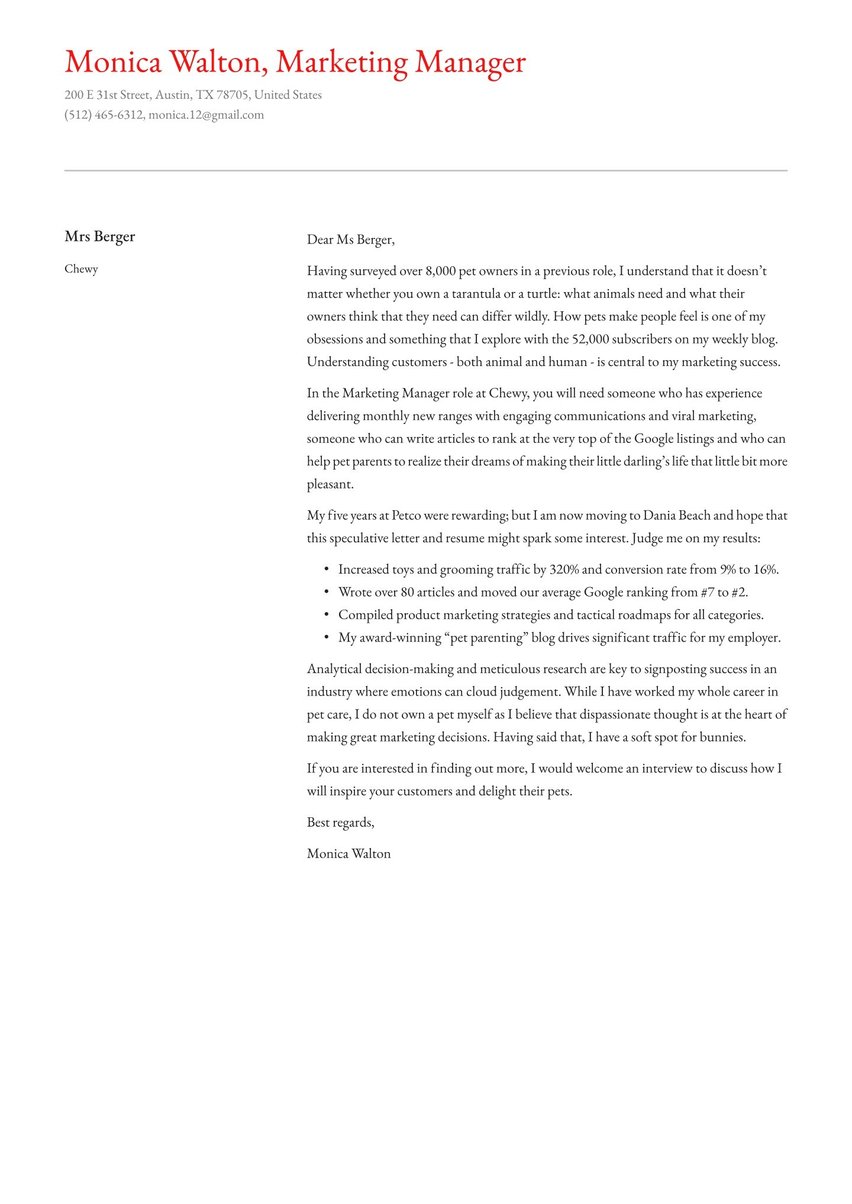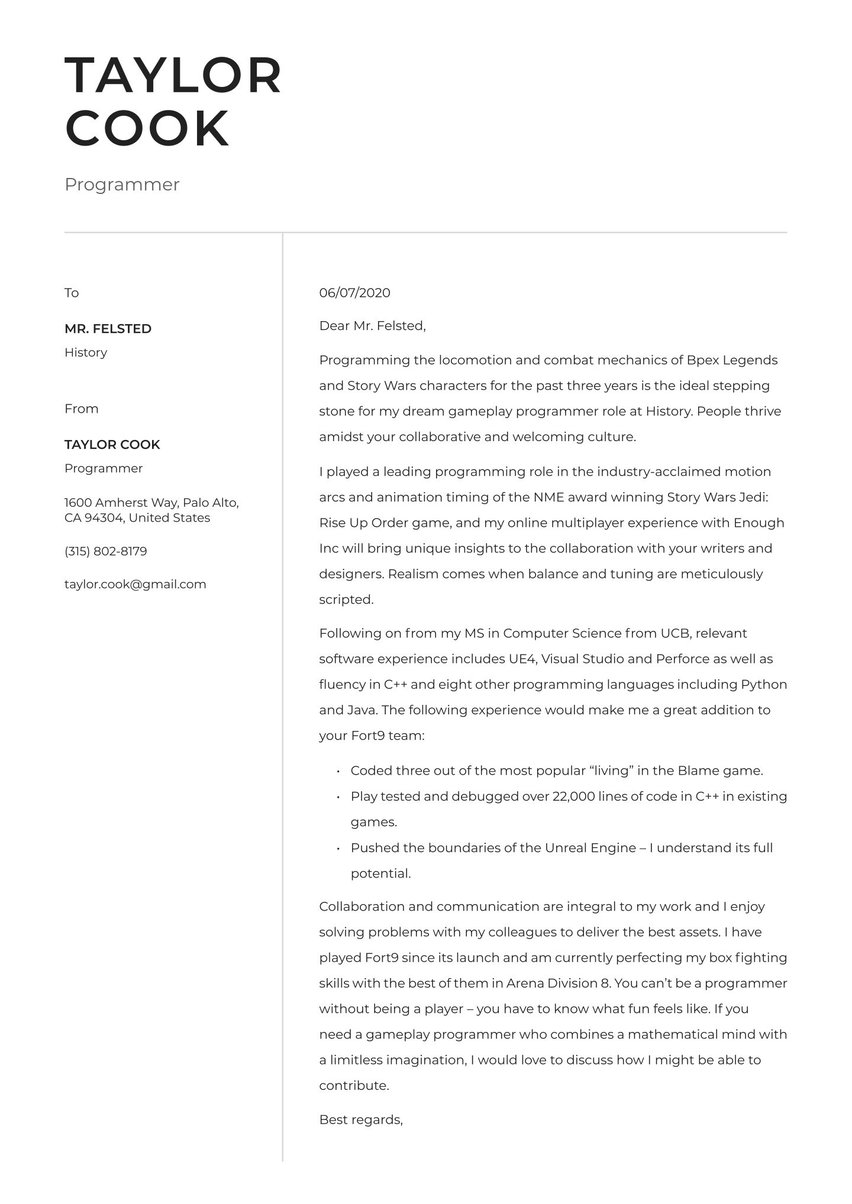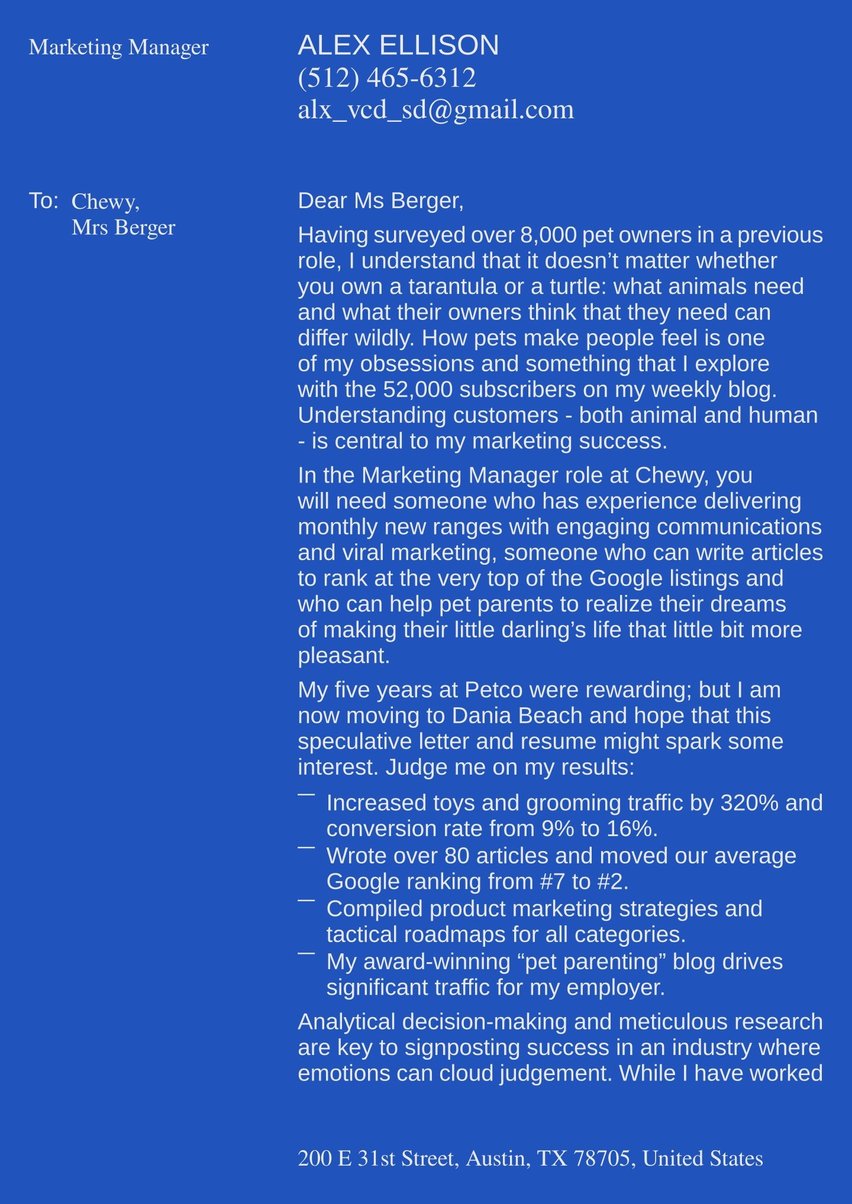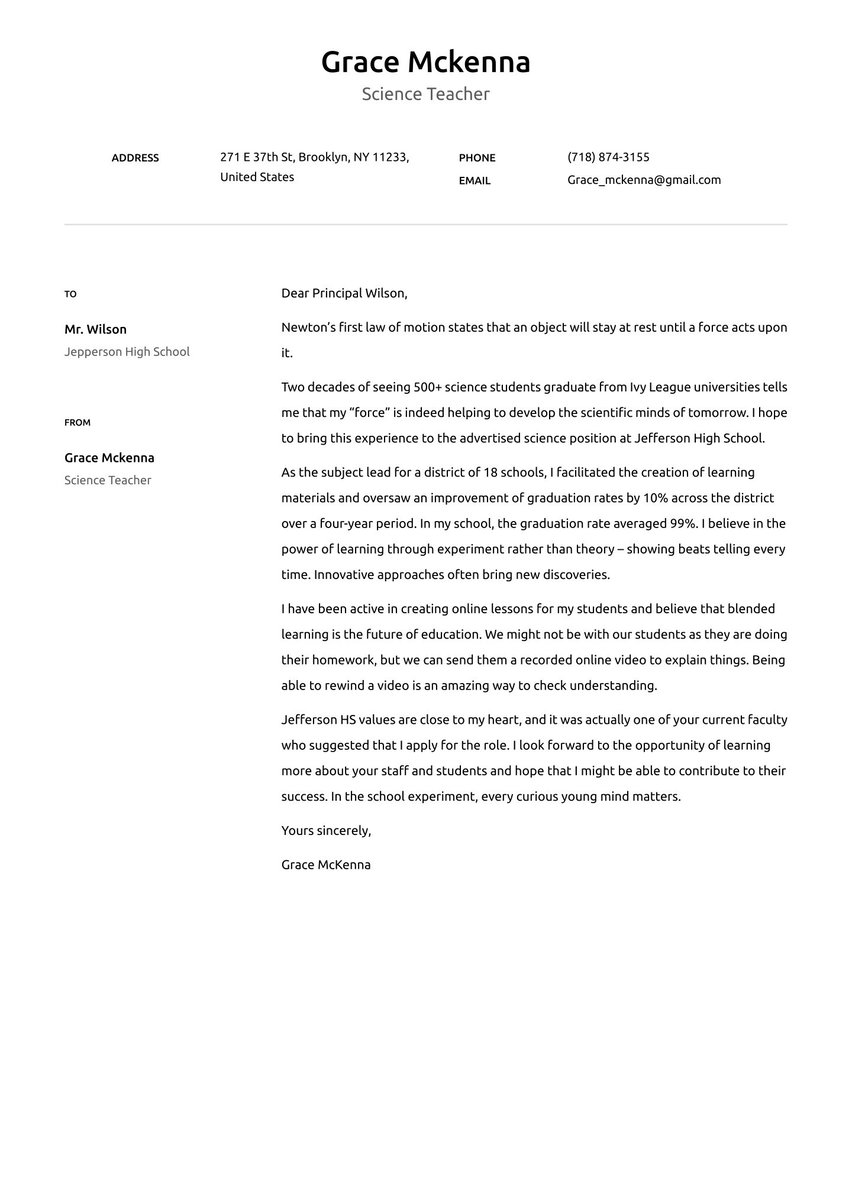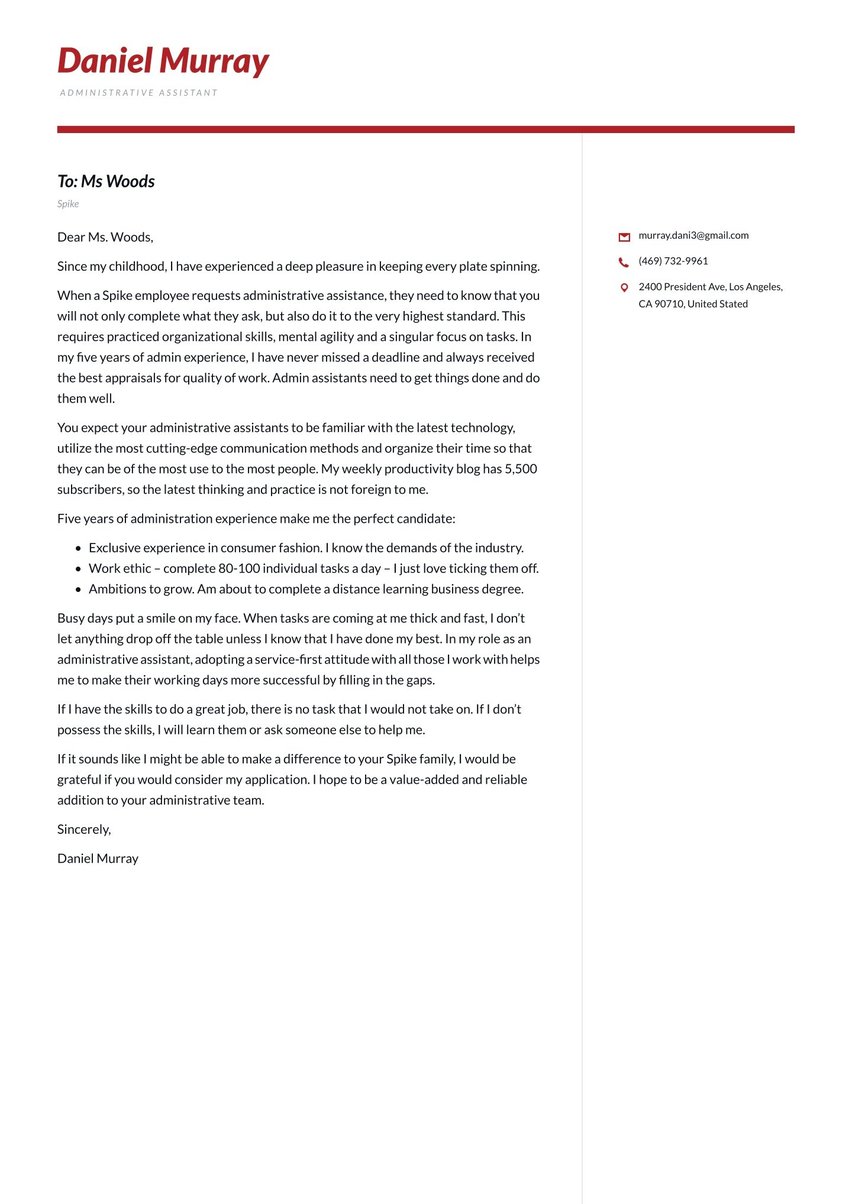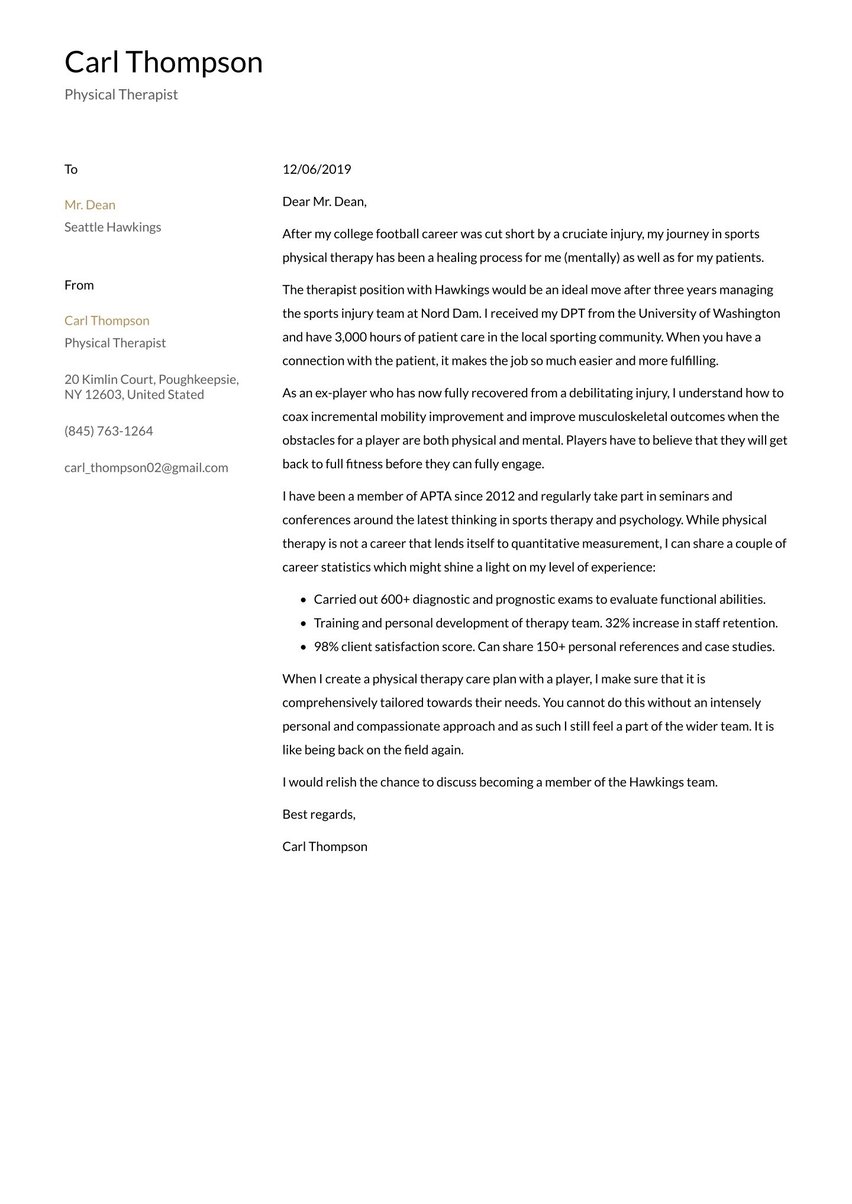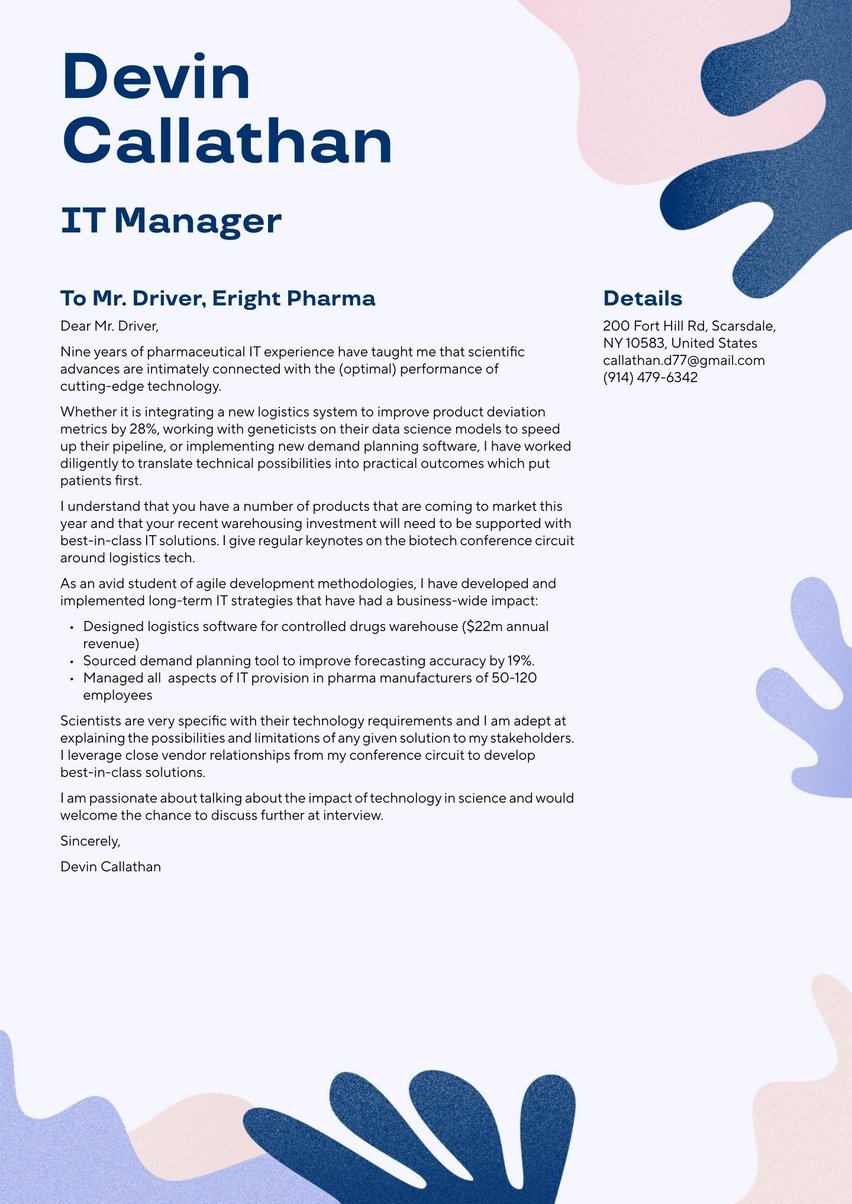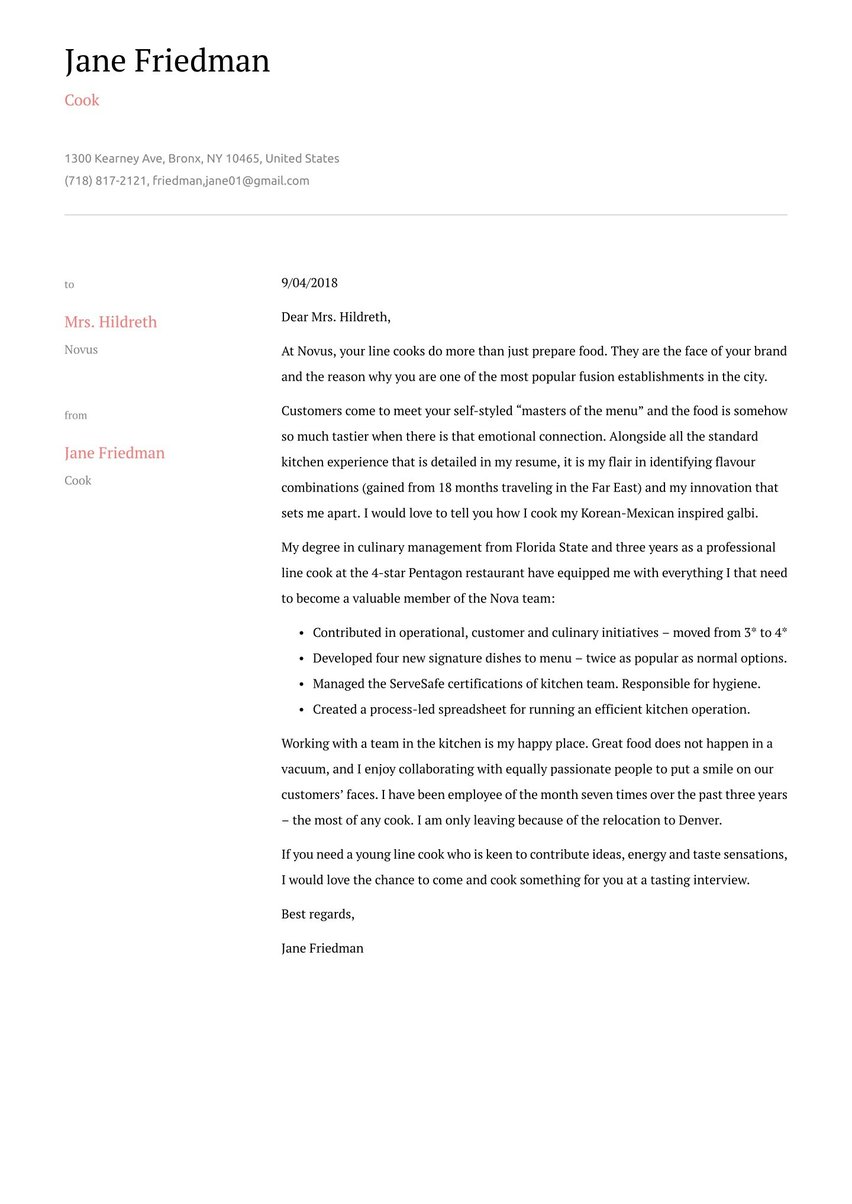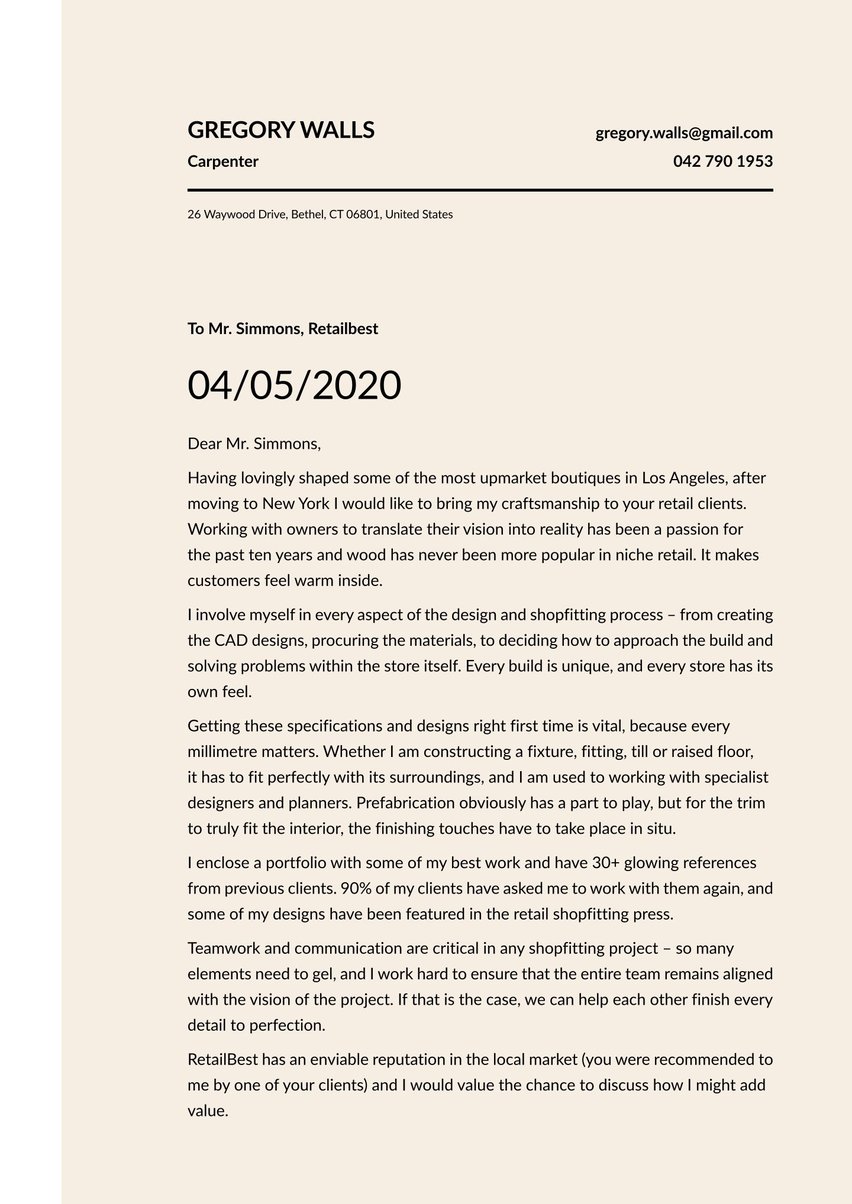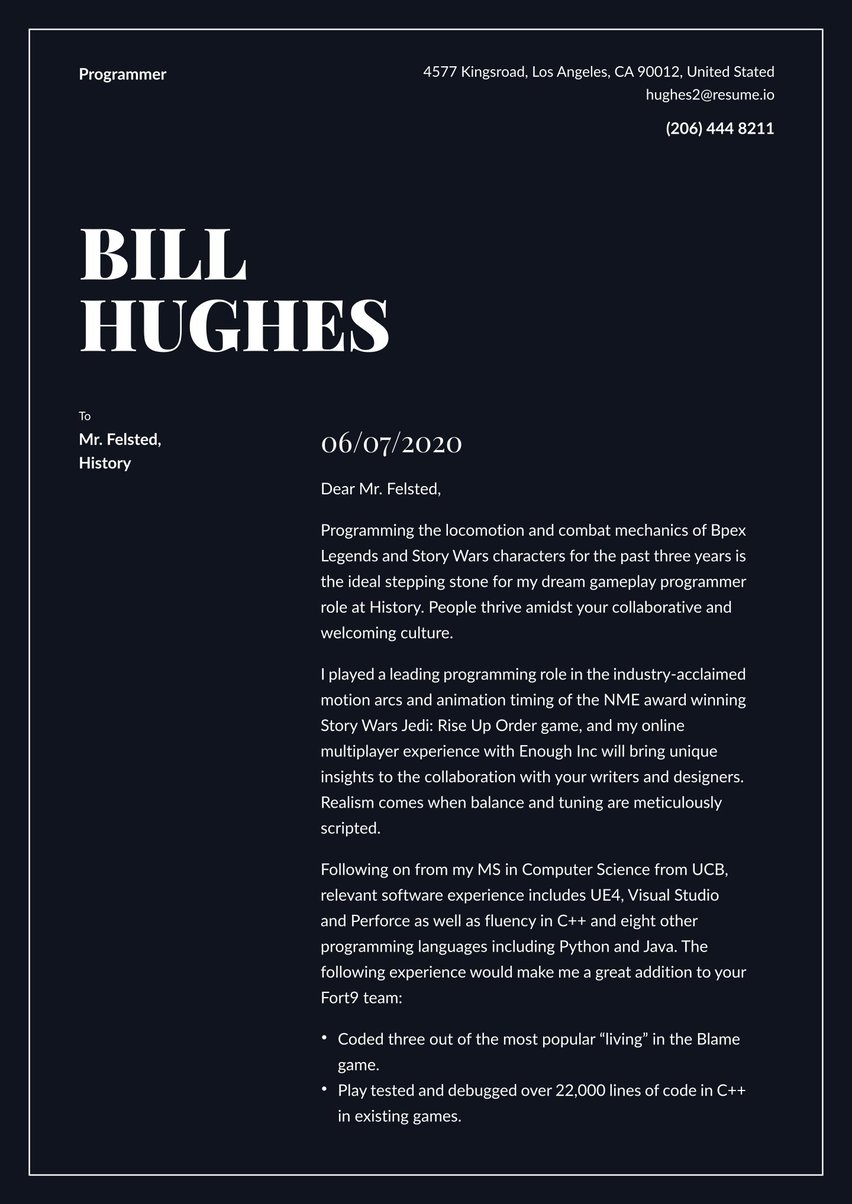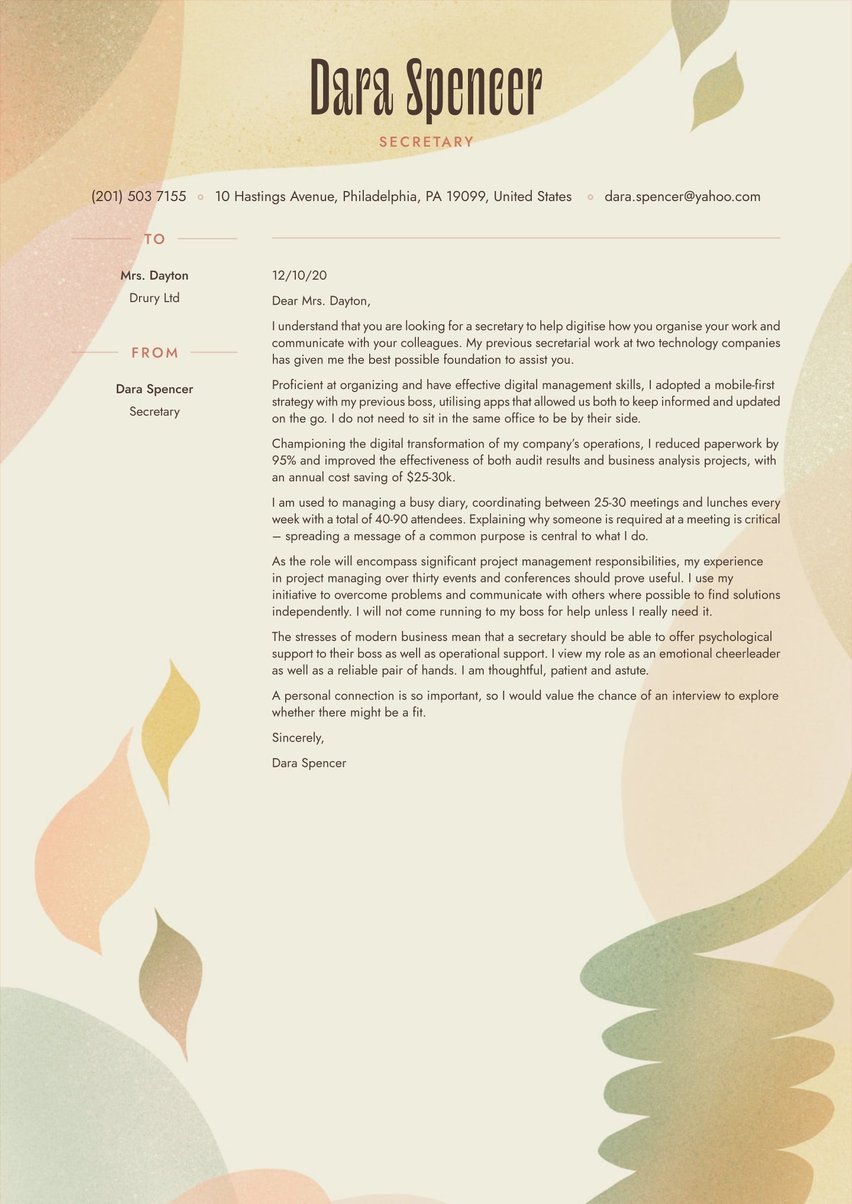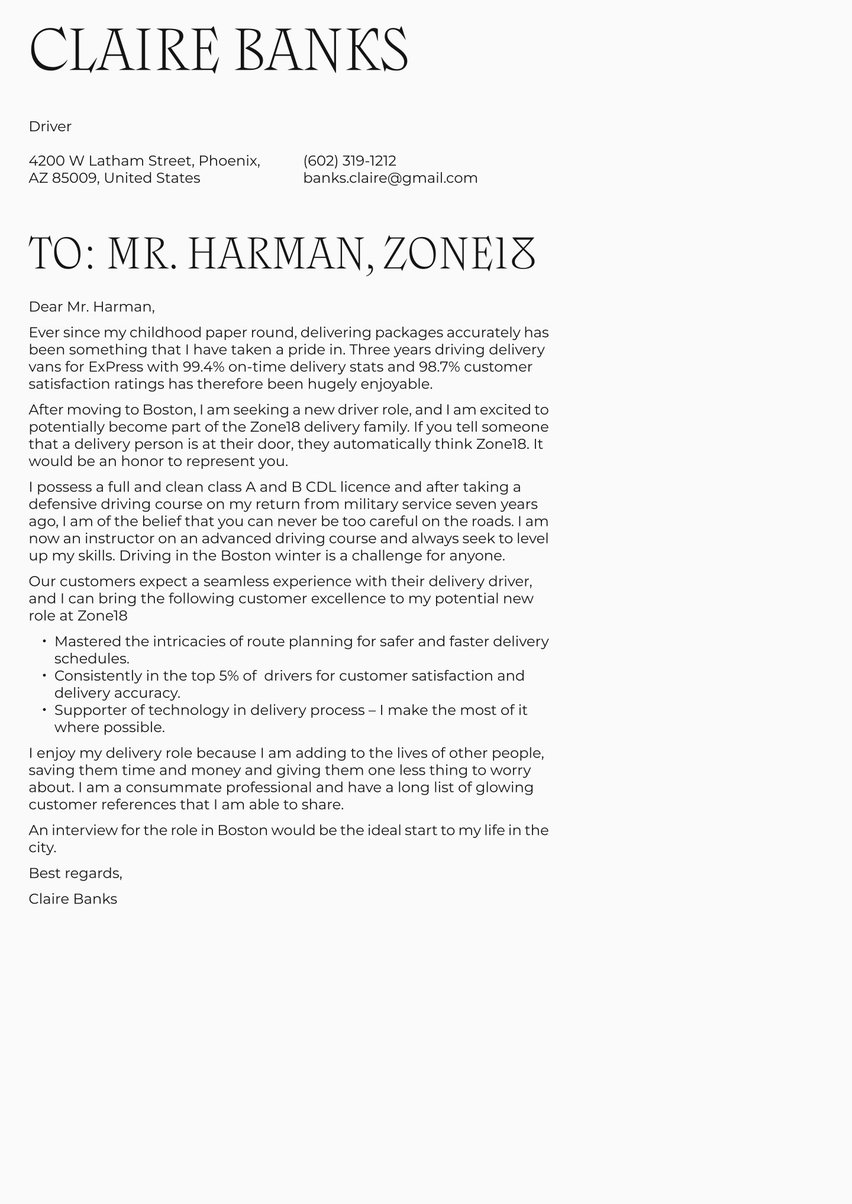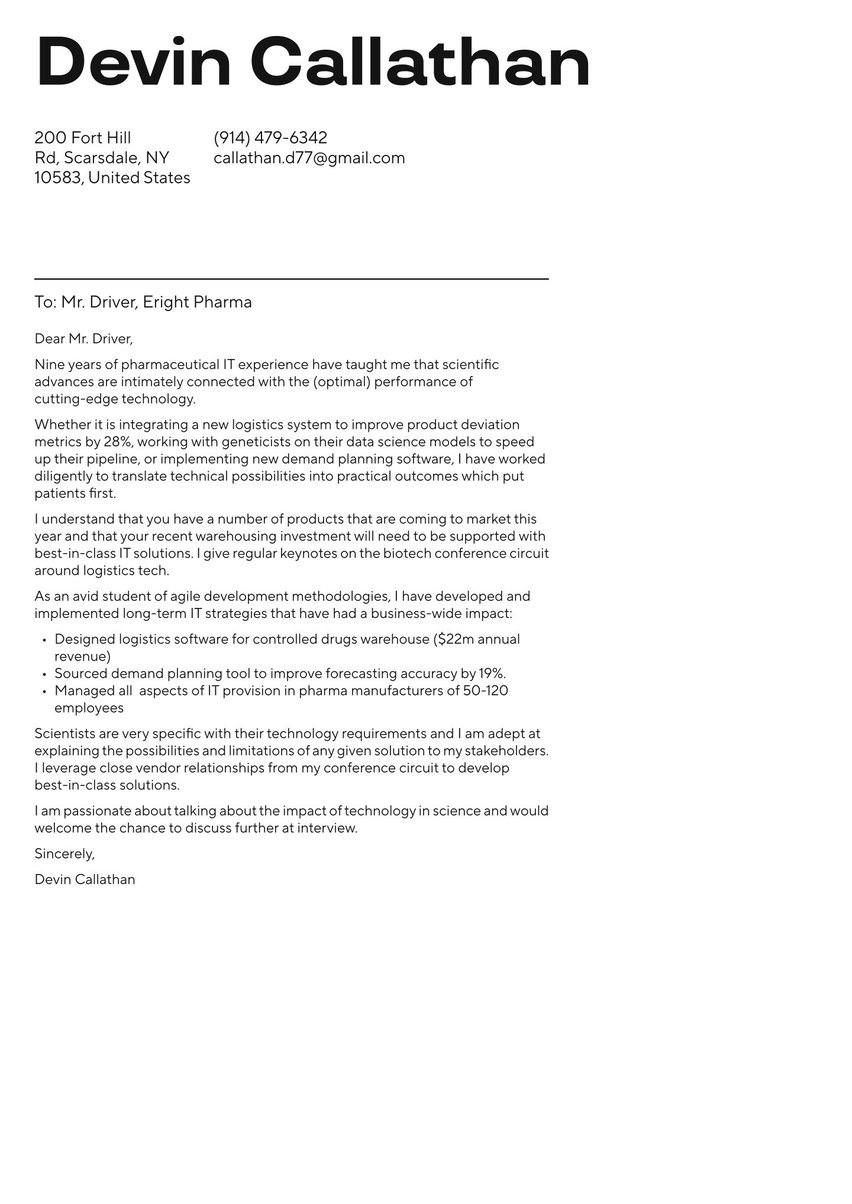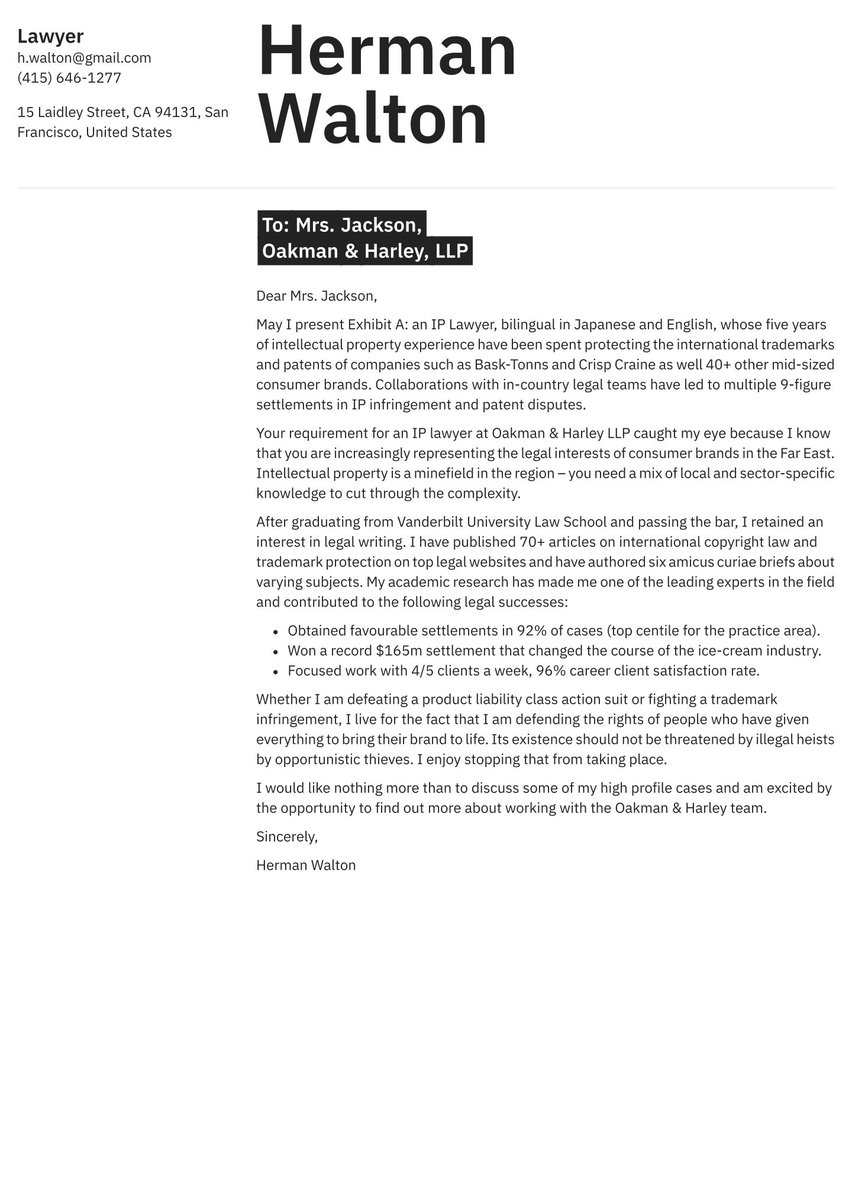At some point most sales executives find themselves in need of selling their greatest asset — themselves. Whether you’re looking to make a move to a more senior sales role or you simply want to work for a different company, you’ll need a “sales proposal” consisting of an outstanding resume and cover letter.
In larger companies, sales executives are often distinguished from sales managers by performing a higher-level, more strategic function involving coordination among several departments. Sales managers are generally less senior supervisors who are more responsible for the day-to-day operations of the sales department. But in some companies, the two job titles describe the same role.
The U.S. Bureau of Labor Statistics defines sales managers as those who plan and direct the distribution of goods and services to customers; coordinate sales, set goals and train sales reps; analyze sales statistics and monitor customer preferences.
The BLS, the nation’s leading sources of employment info, does not study sales executives separately. But it reports that sales managers earned a median salary in 2020 of $147, 580, with big variations depending on the industry in which they work.
Top industries employing sales managers and their median annual wages, 2020:
Finance and insurance $163,630
Professional, scientific and technical services $155,490
Manufacturing $139,340
Wholesale trade $131, 420
Retail trade $92,950
Source: https://www.bls.gov/ooh/management/sales-managers.htm#tab-5
Employment of sales managers in the U.S. is expected to grow 4% from 2019 through 2029, roughly the same as all other occupations. But as in other management positions, there are expected to be more applicants than jobs, so be prepared for a competitive job search.
While many sales proposals may run 20 pages, to sell yourself as a job candidate you only need two: a resume and a cover letter. But these two need to be flawless.
Resume.io, a leading global provider of resume and cover letter templates (and occupation-specific advice on how to prepare them) has already published detailed guides on resume preparation for both account executives and sales managers. Between these two, you should find all the information you need to build a bulletproof resume.
So what about the cover letter you need to go with it? That’s the topic of this guide — everything you need to know about how a sales executive should write, format and design this crucial one-page letter.
What we’ll discuss here:
- Why a cover letter for sales executives is essential
- How to structure your cover letter and what elements it should contain
- How to design your cover letter so it looks as good as it reads
- Psychology tips for writing a persuasive cover letter
- Common mistakes you need to avoid.
Why a cover letter for a sales executive is crucial
As a sales professional, you know the value of creating a personal connection with a potential customer. And that’s precisely the goal of a cover letter — to introduce yourself to a hiring manager, establish a rapport and grease the wheels for a favorable decision.
Your cover letter should be a one-page document, a maximum of 400 words, that highlights the experience, skills and qualifications that make you an excellent sales executive.
But doesn’t the resume speak to all those same issues? Yes, but a resume is not addressed to anyone, it doesn’t contain the word “you,” and it’s mostly a collection of lists (jobs you’ve worked, schools you attended, special skills, etc.). There’s no place on a resume to discuss how your contribution can help the company you’re targeting achieve its goals.
A cover letter is formal business correspondence, but it should also be somewhat personal. It enables you to tell the employer more about yourself, to relate anecdotes about your past accomplishments, and also to address the specific needs of that employer.
If you write 10 cover letters, they will undoubtedly have some “boilerplate” material in common, but every cover letter should be uniquely targeted to each employer.
Surveys of hiring managers have found that the failure to include a cover letter is among the leading reasons why some resumes are ignored. Employers expect to receive a cover letter with a resume, so if you don’t include one, you’re starting with a major strike against you.
A few employers, for whatever reason, may state that they prefer to receive a resume only. In such cases, you have to respect the employer’s wishes, but unless you’re specifically asked not to, always include a cover letter with a resume. If it’s well written and properly designed, it can only increase your chances of success.
For even more professional writing advice some of our related sales cover letter examples:
How to structure your sales executive cover letter
There are certain norms in cover letter structure that are nearly universal, and you should follow them closely. Having a “blueprint” for how to write the letter actually makes the task easier, and it ensures that you’ve included everything you should and nothing that you shouldn’t.
Here is the proper structure for a cover letter in virtually any field:
Cover letter header
This is the space at the top of your cover letter that contains your name, occupation, address, phone number and email.
The main purpose of the header is obvious: to let employers know to reach you if they’re interested. But it also serves as a design element, making your letter look more interesting. It may include a light splash of color, creative use of typography and an eye-pleasing layout. It should never look gimmicky or over decorated, so strive for a clean design that’s attractive but professional.
We urge you to review the free cover letter templates available at resume.io to get some ideas about how well-designed headers look. And you’ll want to find a matching resume template for the reasons discussed below.
Align document styles
Your resume and cover letter should have matching styles, making it obvious that the two came from the same person and were designed to go together. That means you should use the same fonts, font sizes and formatting styles in your cover letter and your resume.
This gives you a “visual brand,” and it shows that you pay attention to detail and understand the importance of coherent design. Also, it avoids a potential problem: If you send a resume and cover letter with totally different styles, it may look like you wrote a new cover letter but pulled an old resume from your files without bothering to revise it in any way.
Cover letter greeting
“Dear Mr. J:” or “Dear Ms. K:” are the traditional and time-honored way to write a cover letter greeting, also known as a salutation. You’ve heard the saying “If it’s not broke, don’t fix it,” so in general you should resist the urge to use a more avant-garde way of greeting your correspondent.
The age of email has ushered in many new styles — like “Greetings Sales Team,” or “Hello Tom,” — and in some cases these may be appropriate. If you happen to know the person you’re writing to, there’s nothing wrong with addressing him or her by first name. But beware of being too casual in a letter where you’re asking for a job.
One common mistake in cover letters is the failure to address the letter to a specific person. People like to read their own names, and a cover letter addressed to the appropriate individual will often be more effective than one that is addressed to an entire company or a department within the company.
If you’re responding to a job listing that doesn’t mention the name of the hiring manager, it’s often worth doing some research (or even making a phone call) to find out the name of this person.
Cover letter introduction
Your opening sentence in the cover letter introduction is very important. Busy recruiters usually spend just a few seconds scanning a cover letter, and you need to grab them from the start. If your letter is just one in a stack of dozens, the recipient will be looking for any excuse to move on to the next letter. Don’t give them that excuse.
Open with one provocative sentence that identifies the job you’re seeking and provides the first clues as to why you’re the perfect candidate. In some cases, it may be appropriate to say how you heard of this job, or to offer some explanation as to why you’re seeking a new job. But in all cases, your opening must get the reader’s attention with a compelling pitch.
You must also find the right tone of voice — professional yet engaging, enthusiastic yet not over the top, confident yet not arrogant. The language you use throughout your cover letter should be bold and informative, never bland or boring, yet it should never cross a line into excessive familiarity or a sense that you feel entitled to the job.
Remember to tailor your introduction to suit the job you are applying for. For instance, If you are applying for a sales role within the retail sector, you should focus on your experience and interests directly related to retail. Then change it if applying for sales roles within other industries.
Dear Mr. Penwith,
My work in management consulting business development roles for the past five years has delivered an 25-35 new clients every year with an average client lifetime spend of $28k.
Cover letter body
After you’ve written an introduction that compels the reader to read on, the central two or three paragraphs of the cover letter must deliver the goods: your credentials, your motivation, your passion, your productivity and dedication, supported (preferably) by facts. If the body of your letter does not demonstrate convincingly that you are a great candidate for the job, you will not get the job.
Experience is king, and if you’re applying for a job as a top sales executive, then you surely have experience. Lead with this, mentioning not just the past jobs you’ve held in this field, but what exactly you accomplished at these jobs. Be specific, using facts and figures wherever possible, like the dollar figure for sales you oversaw for a given company at a given time.
Use anecdotes — short little stories — to describe challenges you faced in the past and how you overcame them.
The body of your letter is also an appropriate place to mention your education, certifications or any other relevant training that qualifies you for this position.
You can also use the body of your letter to pivot from talking about the past to peering into a possible future with this company. Ideally, you have researched this company and you’re aware of its real-world needs and the challenges it faces in a competitive marketplace. If you can explain how your contribution would help the company solve problems, streamline processes and increase revenue, all the better.
At the very least, strive to mention something specific about the company you’re writing to so that it doesn’t look like you’re sending out an identical mass mailing to a multitude of potential employers.
Success as the top sales executive in a team of four derived from my quest to gain as much knowledge as possible about the work our consultants were doing: the problems that they were solving with their clients, how they achieved their results and what ensured that success was long lived. Curiosity and listening skills are the foundation of my approach.
I understand that as a start-up you need access to a receptive pool of potential clients who are open to new ways of working. I believe that your digital-first methodology will set you apart from the more traditional providers and would be proud to represent your unique services to my social audience (and wider network) of 35,000+ potential clients.
My sales funnel begins with thought-provoking social content to grow and maintain a network of 1000+ potential clients. When a need comes about, you have to be front of mind. The levels of spend are high in consultancy, so while the consultants themselves often get involved in the bidding process, the sales executive should display a high degree of subject matter competence in every communication. Relevant insights are required at every stage of the sales process to make sure that the best possible fit is achieved.
My ambition is to move into a role where I manage the team and I deputised for the sales manager at Harmon & Co. on a number of occasions. I would view your flat sales structure as an opportunity to provide guidance and leadership to my more junior colleagues and always try to share my knowledge where possible.
Cover letter conclusion
If the body of your cover letter has done the heavy lifting, the cover letter conclusion needs little more than a satisfying wrap-up. But the conclusion should always include some kind of call of action — for example, you’re looking forward to a response, you’re available anytime to come in for an interview, or you’d be delighted to at least talk on the phone.
One tactic is to ask whether it would be OK if you call your correspondent in a week or so to see about setting up an interview. Your reader will see that you’re really serious about this job, and will find you harder to ignore. What salesman doesn’t understand the importance of a follow-up call?
In some ways, your cover letter should be a demonstration that you’re good at your job. If you’re so motivated to do everything in your power to land this job, doesn’t this suggest that you’ll use the same drive and determination to make sales for the company?
Sign-off
Close with a simple “Sincerely,” “All my best,” or an equivalent phrase, and type your full name below that. If you have room to insert a digital signature in electronic correspondence, that’s fine too.
The company you’re writing to may well see your letter as an example of how you will correspond with its clients in order to make sales. So pull out all the stops, and write the sales letter of your life.
I would welcome an interview to find out more about your sales plans and how I might be able to contribute to increasing your market share.
Sincerely,
Wes Turner
Sales executive cover letter format and design
Even if well-written, an ugly, poorly designed sales proposal is unlikely to get results. So you need to make your cover letter look as good as it reads. Make sure the visuals of your cover letter are attractive, appropriate for the occasion and setting and engage the reader to stop and take a look.
Follow these tips to send a cover letter that looks great at first glance — before anyone reads the first word:
- Fonts: Weird-looking fonts — exotic, italic, cursive, all caps, all bold or overly compressed — will always be a turnoff. Choose a font that’s easy to read, one that calls attention to the content and not the presentation.
- Font size: Try to start with a 12-point font size, and if your letter doesn’t fit on one page, you can go as low as 10 points, but avoid tiny fonts that are hard to read. Don’t resort to formatting tricks to force your letter onto one page — cut the fat from your text instead.
- Text alignment: Align text left, not centered from margin to margin, to allow a little air at the end of each line.
- Margins: Use one-inch margins on the top, bottom, left and right of your letter so it doesn’t look like you’re forcing 12 gallons of content into a 10-gallon jar.
- Paragraphs: Keep paragraphs short, don’t indent them, and put a space between them to avoid huge blocks of solid black text.
- Save as PDF: In electronic correspondence, you should almost always save your cover letter as a PDF, which will preserve your formatting so that it looks the same on any reader’s device. The only exception to this rule is for companies that specifically request some other format, such as a Word document.
- Use a template: For all the reasons mentioned above, it’s best to start with a professionally designed template like those we offer at resume.io. These pre-designed templates can save you from a multitude of design errors.
Psychology tips for writing a persuasive cover letter
Never lose sight of the fact that you’re writing this cover letter to a human being, so write like you’re a human being as well.
Avoid any language that sounds robotic, cliché-ridden or copied from some example you found online. Your goal is to establish a personal connection with a hiring manager, so make your letter personable.
Unlike a resume, a cover letter gives you the opportunity to showcase your personality, passion, drive and even sense of humor — relatable traits that can endear you to your correspondent.
If you’re looking for a job in Seattle because you have a new granddaughter there, is anyone going to hold that against you? There’s no harm in sharing something personal in a cover letter, if appropriate. Just don’t go overboard, and make sure that your letter is focused on the needs of the employer, not your needs.
Once you’ve drafted a letter, put yourself in the shoes of your correspondent to imagine how it will be received. If this letter were written to you, would you want to meet the person who wrote it, and possibly to work with this person for years to come?
Reread your letter to be sure you’ve found the right tone of voice, considering your position relative to the person you’re addressing. Make sure you’ve used the short space you have to highlight the right experience and qualifications, and that you haven’t wasted space on irrelevancies.
Common mistakes to avoid
Here are some of the errors people make in writing cover letters:
- Typos and other writing mistakes: If you can’t write a one-page letter without errors in English, a company might be reluctant to trust you to direct all of its sales efforts.
- Non-customized letters: If you send the exact same letter to all employers, don’t expect good results.
- Clichés, generic wording and corporate lingo: Tired, unimaginative language borrowed from others will get you nowhere fast.
- Irrelevant info: Personal details about your life unrelated to your job qualifications, like your hobbies and interests, are an unnecessary distraction.
- Ugly design: If your letter looks terrible at a glance, your recipient may not even bother to read it.
Key takeaways
- Positions for sales executives are high-paying and expected to increase at the rate of the overall economy, but there will be more applicants than jobs, so you need a superior pitch.
- A cover letter is an essential way of establishing a personal connection with a hiring manager that you can’t do with a resume alone.
- Cover letters must be structured properly to make sure they contain all the necessary components.
- Cover letters must be attractively designed so they look as good as they read.
- Write your cover letter as if you were the person receiving it, making a persuasive case and avoiding any turn-offs.
The best starting point is to use a professionally designed cover letter template that will steer you clear of design errors and prompt you to include what’s needed and nothing else. We’ve provided the blueprint — all you have to do is write the letter!


